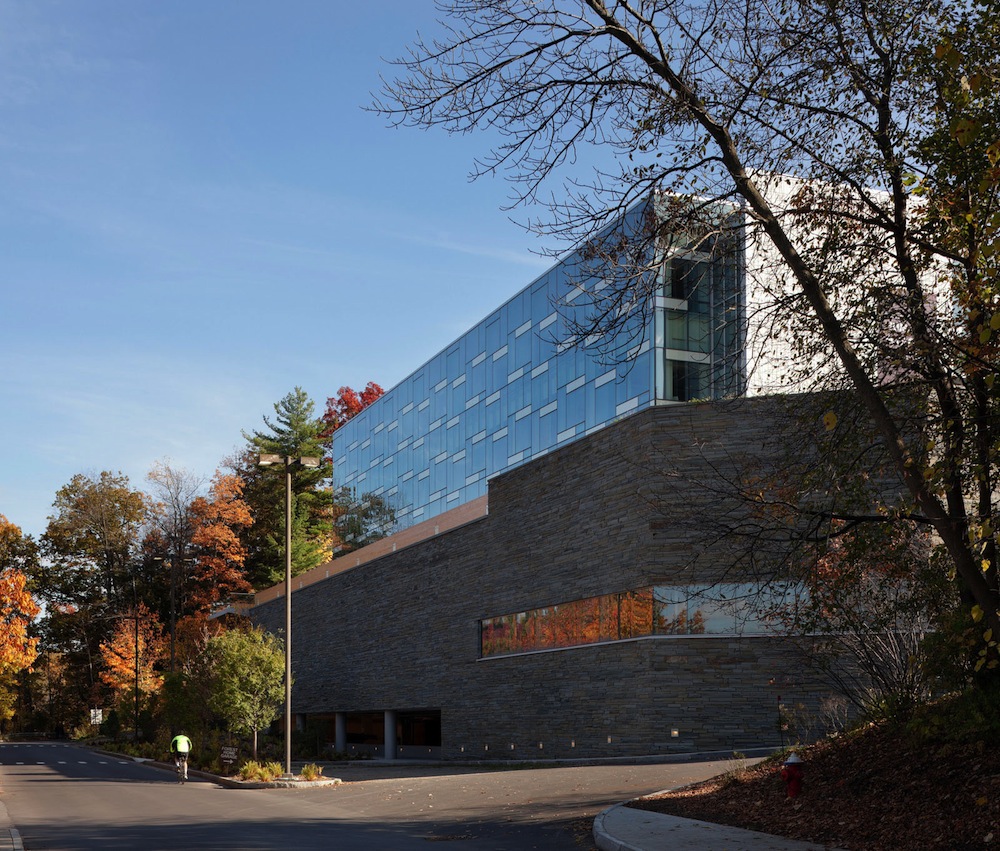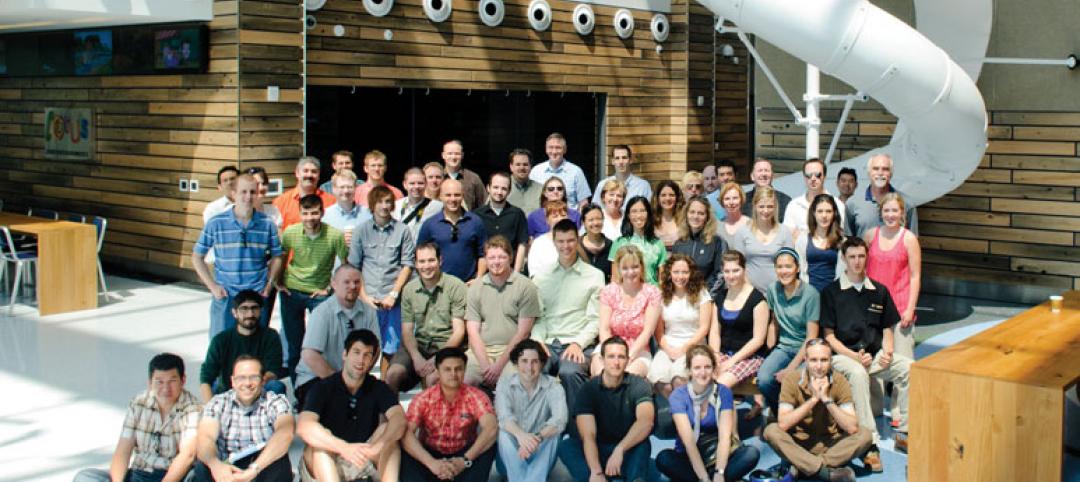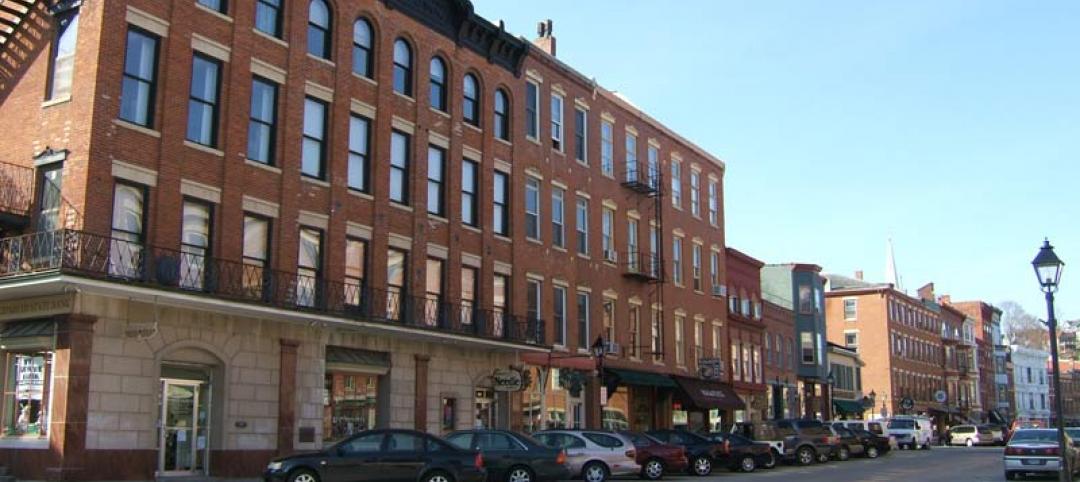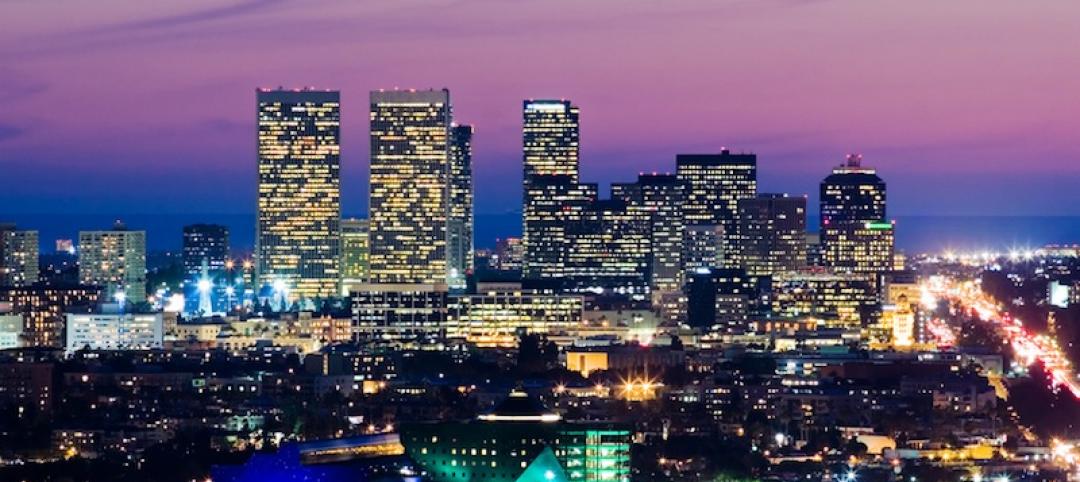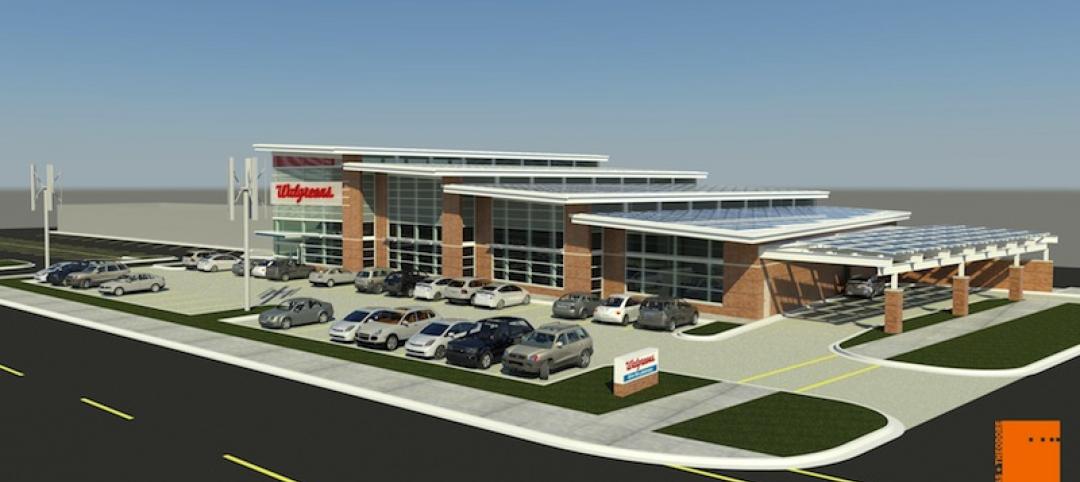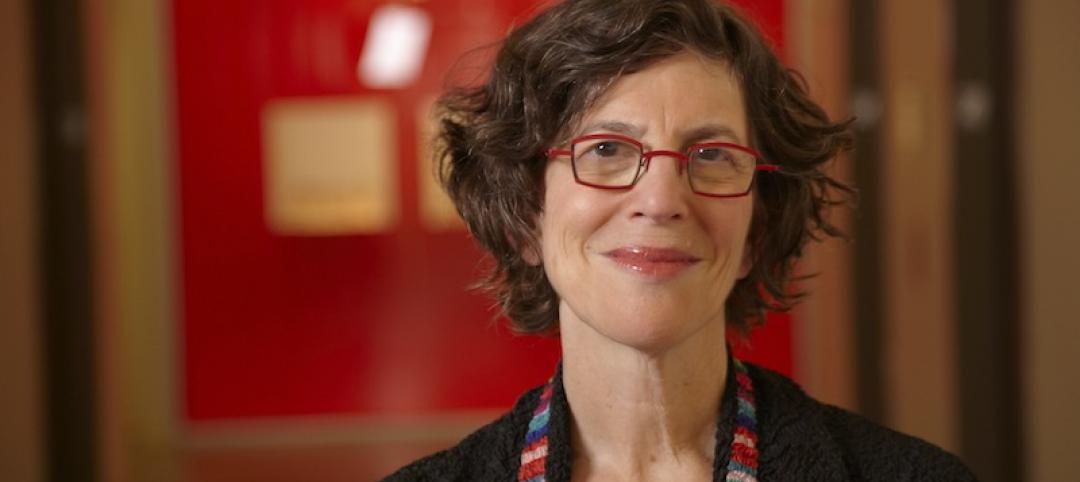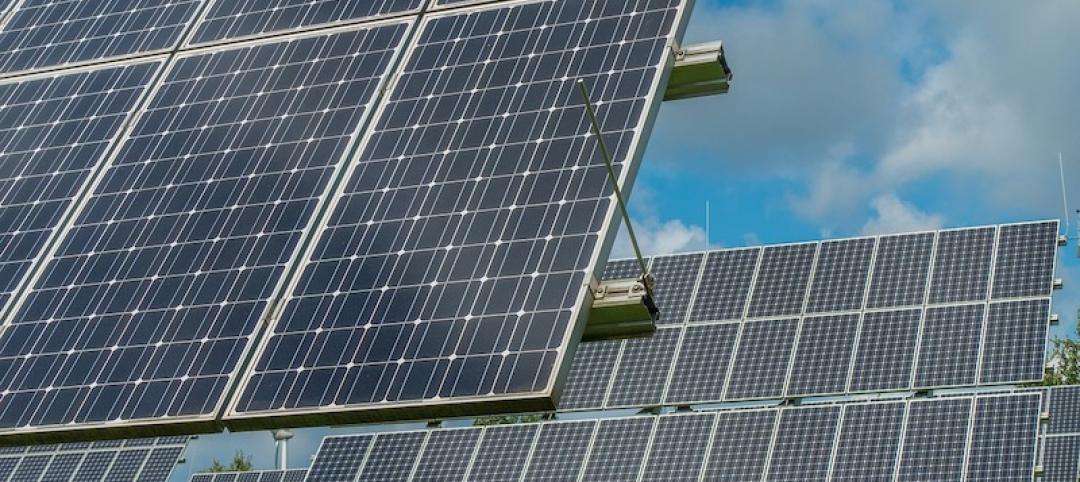Parking garages are no longer just nondescript concrete slabs. Earlier this month, the Green Parking Council (GPC) announced the first seven parking facilities in the country to achieve Green Garage Certification.
The title is determined by a rating system that factors in 48 elements of garage operation, structure, and technology, and recognizes sustainable practices in parking structure management.
The seven garages are located throughout the U.S. and have various uses. Four of them are office buildings: Brookfield’s Bank of America Plaza in Los Angeles; BG Holdco LLC’s BG Group Place in Houston; and Brookfield’s Silver Spring Metro Plaza and JLL’s Westpark Corporate Center, both in the Metro Washington D.C. area.
Cornell University’s Forest Home Garage in Ithaca, N.Y., is the lone school represented on the list, while Charles Square Hotel’s garage in Cambridge, Mass., and Och Ziff Capital Management Group Parking Acquisition Ventures’ Canopy Airport Parking in Denver are the only lodging and transportation venues on the list.
A variety of factors can make a parking garage green, from enhanced ventilation and energy-efficient lighting to greywater reuse and rainwater harvesting. Some have guidance systems to help drivers find their cars, others have tire inflation and electric car fueling stations, as well as car sharing and bicycle parking options.
The advantages of green garages not only help drivers but they also serve to benefit building owners. Reduced energy from lighting, ventilation, controls, and commissioning measures can keep operational costs around 25% lower than the national average.
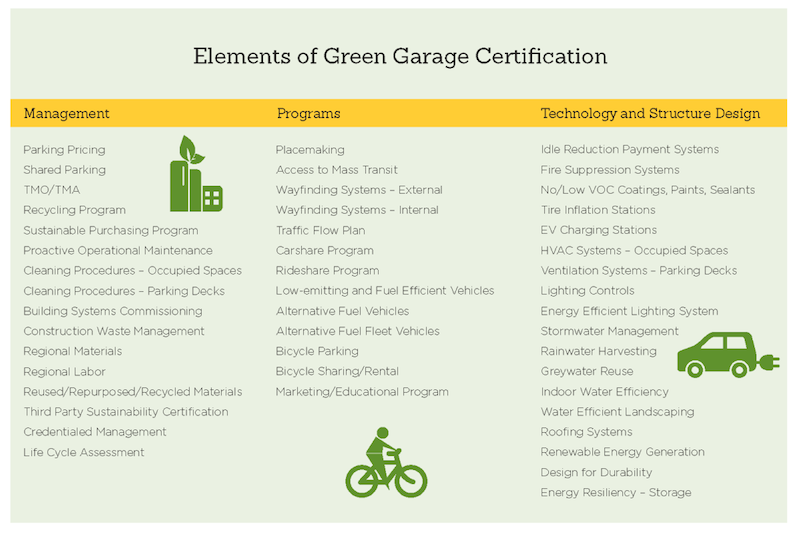
Related Stories
| Mar 21, 2013
Best Firms to Work For: Enermodal Engineering is green to the core
At Enermodal Engineering, there’s only one kind of building—a sustainable one.
| Mar 19, 2013
New LEED for Neighborhood Development and Historic Preservation guide released
A new guidance manual, LEED for Neighborhood Development and Historic Preservation, outlines strategies geared towards helping building teams incorporate historic resources into their developments.
| Mar 14, 2013
25 cities with the most Energy Star certified buildings
Los Angeles, Washington, D.C., and Chicago top EPA's list of the U.S. cities with the greatest number of Energy Star certified buildings in 2012.
| Mar 10, 2013
Walgreens to build first net-zero energy retail store
Walgreens announced plans last week to build one of the nation's first net-zero retail stores. The Evanston, Ill., location will utilize solar panels, wind turbines, geothermal technology, LED lighting and ultra-high-efficiency refrigeration to produce energy equal to or greater than the building consumes.
| Feb 25, 2013
HOK sustainability expert Mary Ann Lazarus tapped by AIA for strategy consulting position
Mary Ann Lazarus, FAIA, LEED® AP BD+C, has accepted a two-year consulting position with the American Institute of Architects in Washington, DC. Her new position, which begins March 1, will focus on increasing the AIA's impact on sustainability across the profession. The St. Louis-based architect will continue consulting at HOK.
| Feb 20, 2013
CoreNet Global to real estate execs: 'Move forward on net-zero'
CoreNet Global, a major international association for corporate real estate and workplace executives, has released a public policy statement advocating adoption of net-zero energy buildings.
| Feb 13, 2013
Fast Company selects 'most innovative' architecture firms
Business innovation magazine Fast Company has released a list of 10 "most innovative" architectural practices, worldwide.
| Jan 23, 2013
USGBC Releases 2012 List of Top 10 States for LEED
The per-capita list is based on 2010 U.S. Census data and includes commercial and institutional buildings certified under LEED.
| Jan 7, 2013
Jerry Yudelson's issues his "Top 10 Green Building Megatrends" for 2013
Yudelson, a Contributing Editor to Building Design+Construction, says, “It looks like a good year ahead for the green building industry. Based on our experience, it seems clear that green building will continue its rapid expansion globally in 2013 in spite of the ongoing economic slowdown in most countries of Europe and North America. More people are building green each year, with 50,000 LEED projects underway by the latest counts; there is nothing on the horizon that will stop this Mega-trend or its constituent elements.”


